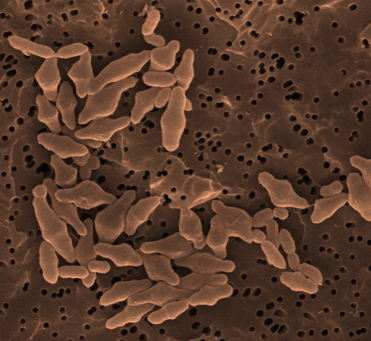- Gut microbiota provides many beneficial functions including resistance to common infections of intestinal tract
- Gut microbiota consists of approx. 1000 different bacterial species

- Lactobacilli and Bifidobacteria from fermented products belong among gut microbiota but there are many other bacterial species which are even more important
- Composition of gut microbiota is highly variable and it is nearly impossible to conclude what composition is correct and which is aberrant
Gut microbiota provides its host many benefits which can be summed up in a single statement, i.e. as long as our intestinal tract is correctly populated, we do not know about it, we do need to look after it and we can enjoy other activities. Intestinal tract is populated by approx. 1000 different bacterial species in different ratios. However, two different individuals do not share the same 1000 bacterial species. Instead, two individuals may share some 700 species and each of them may have 300 specific species. Total number of different species and strains which can colonise human intestinal tract therefore approaches number 10 000. In addition, quantitative ratios among individual bacterial species may differ depending on genetic variations among individual humans, food composition but also sources of microbiota – there are different sources of gut microbiota in the Central Europe and South East Asia. It is of course possible to calculate “average” gut microbiota of Czech Republic inhabitants but such calculation will be of only marginal importance. There is huge variation in gut microbiota composition and differences from average composition among healthy individuals and as long as somebody feels fine, do not try to change towards average. As sung long time ago, be yourselves no matter what they say.
Lactobacilli and Bifidobacteria belong among beneficial microbes present in intestinal tract. These bacteria can be found in fermented products like yogurts or fermented vegetable. However, Lactobacilli and Bifidobacteria represent only two different beneficial bacteria out of hundred and thousands others from the intestinal tract. Moreover, Lactobacilli and Bifidobacteria are present in sufficient supply in our environment and except for specific cases, there is no need to supplement normal food with extra supply of Lactobacilli and Bifidobacteria.